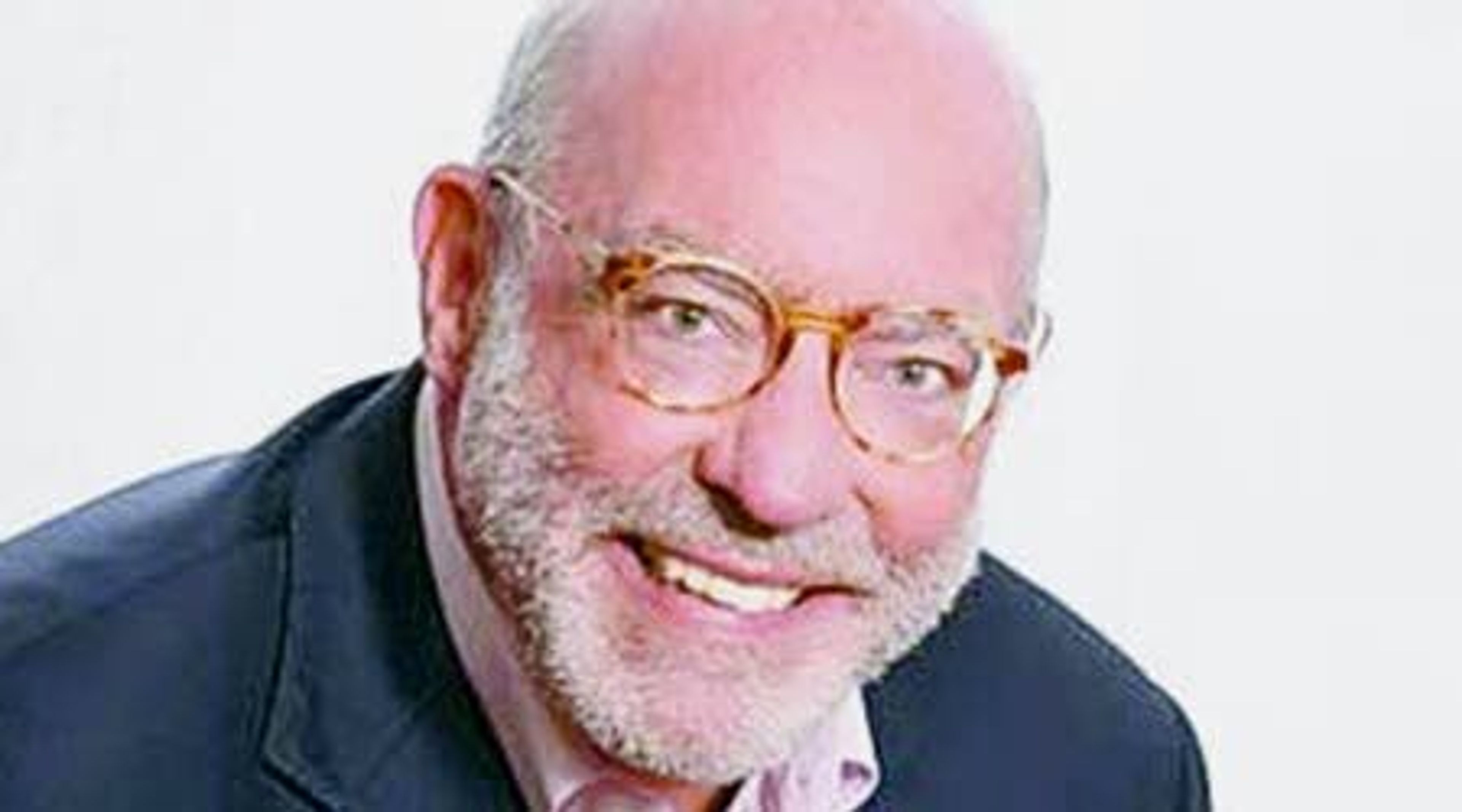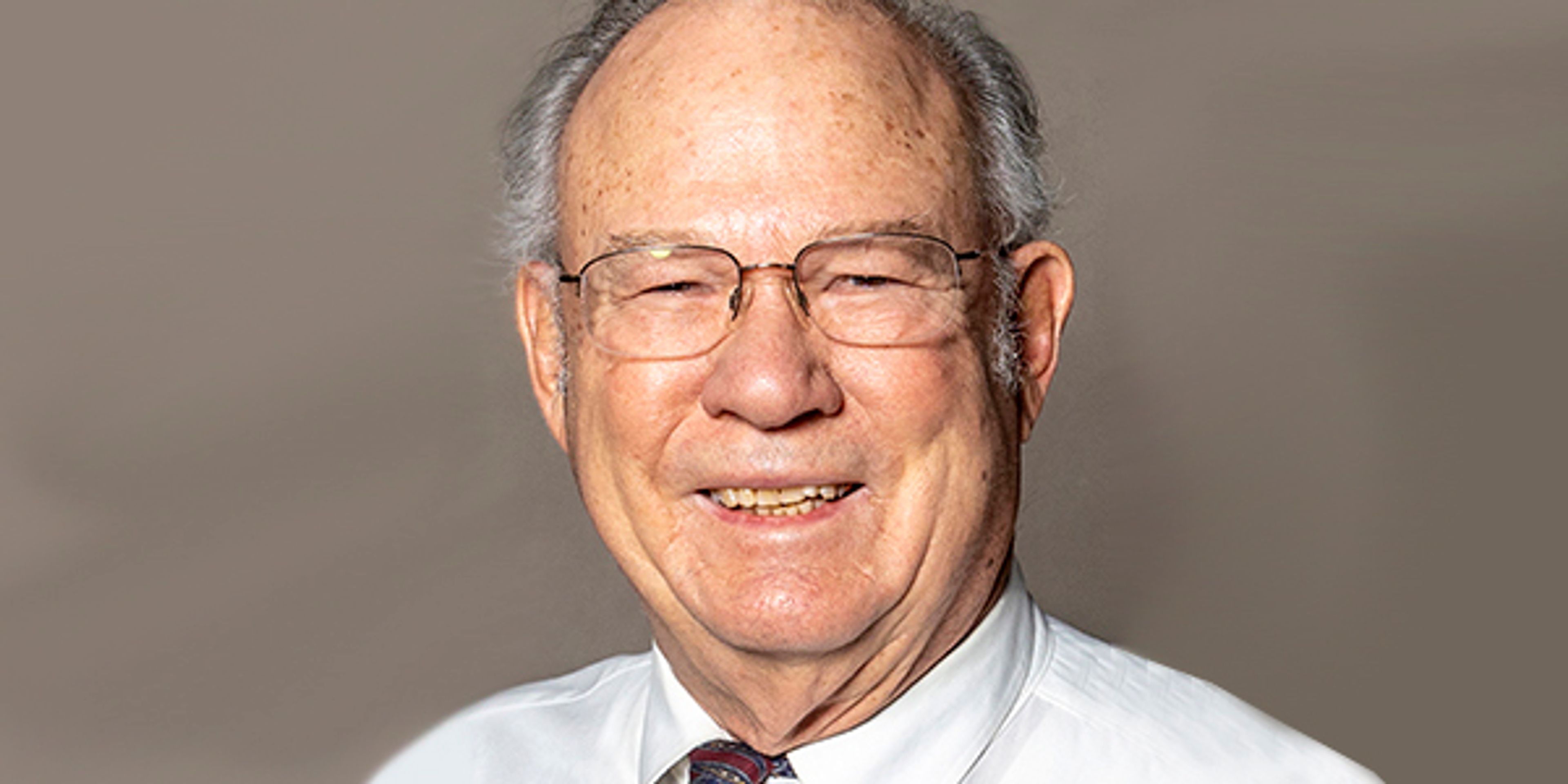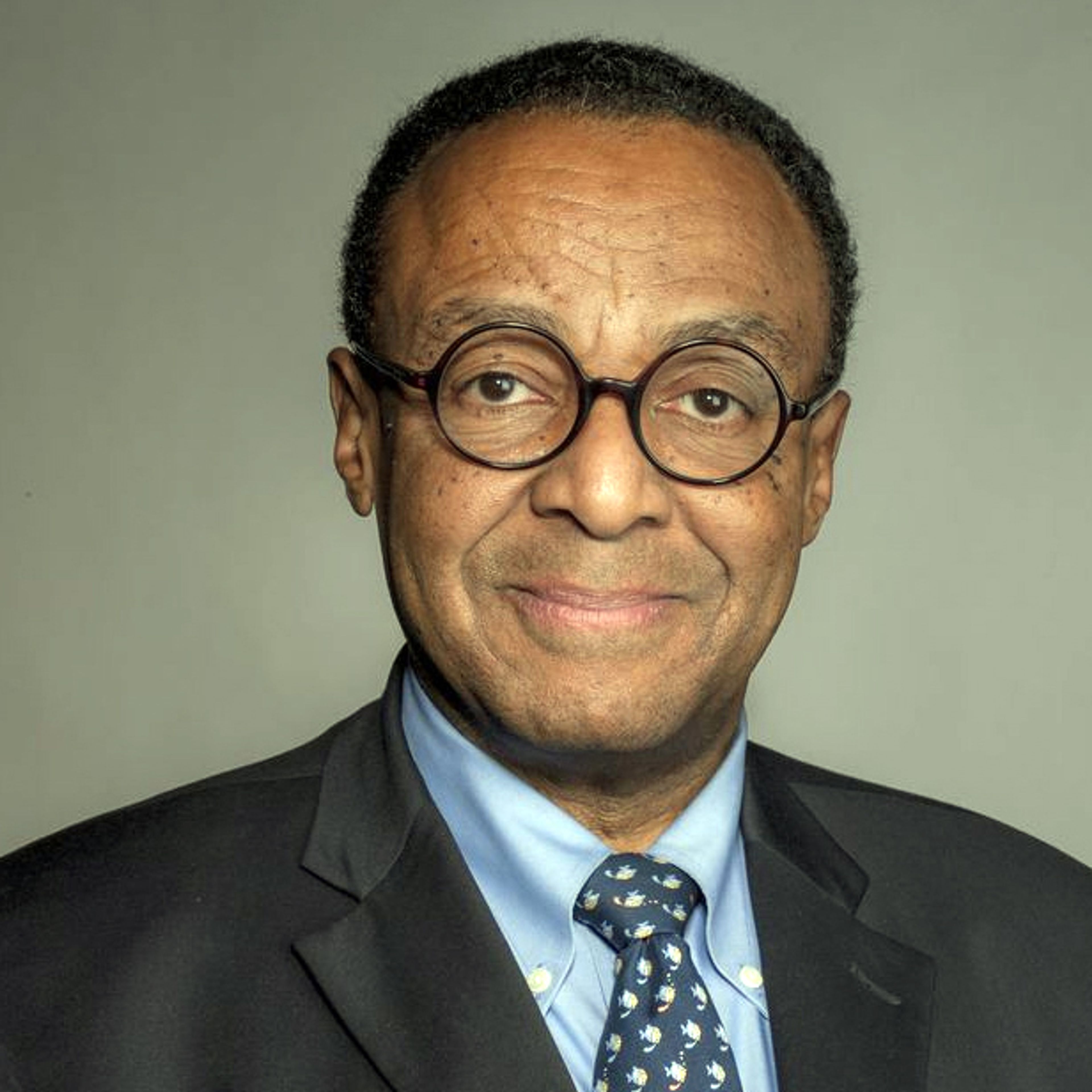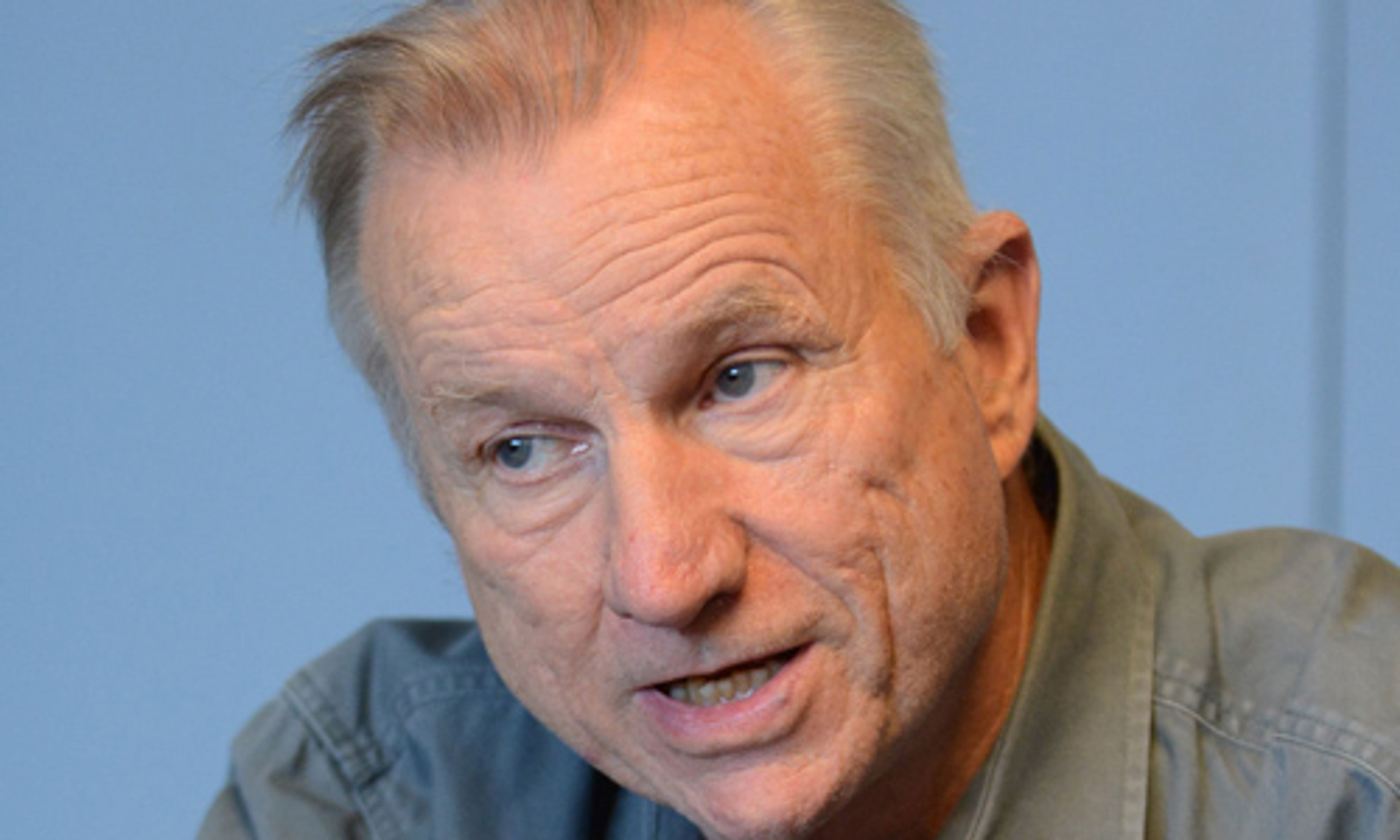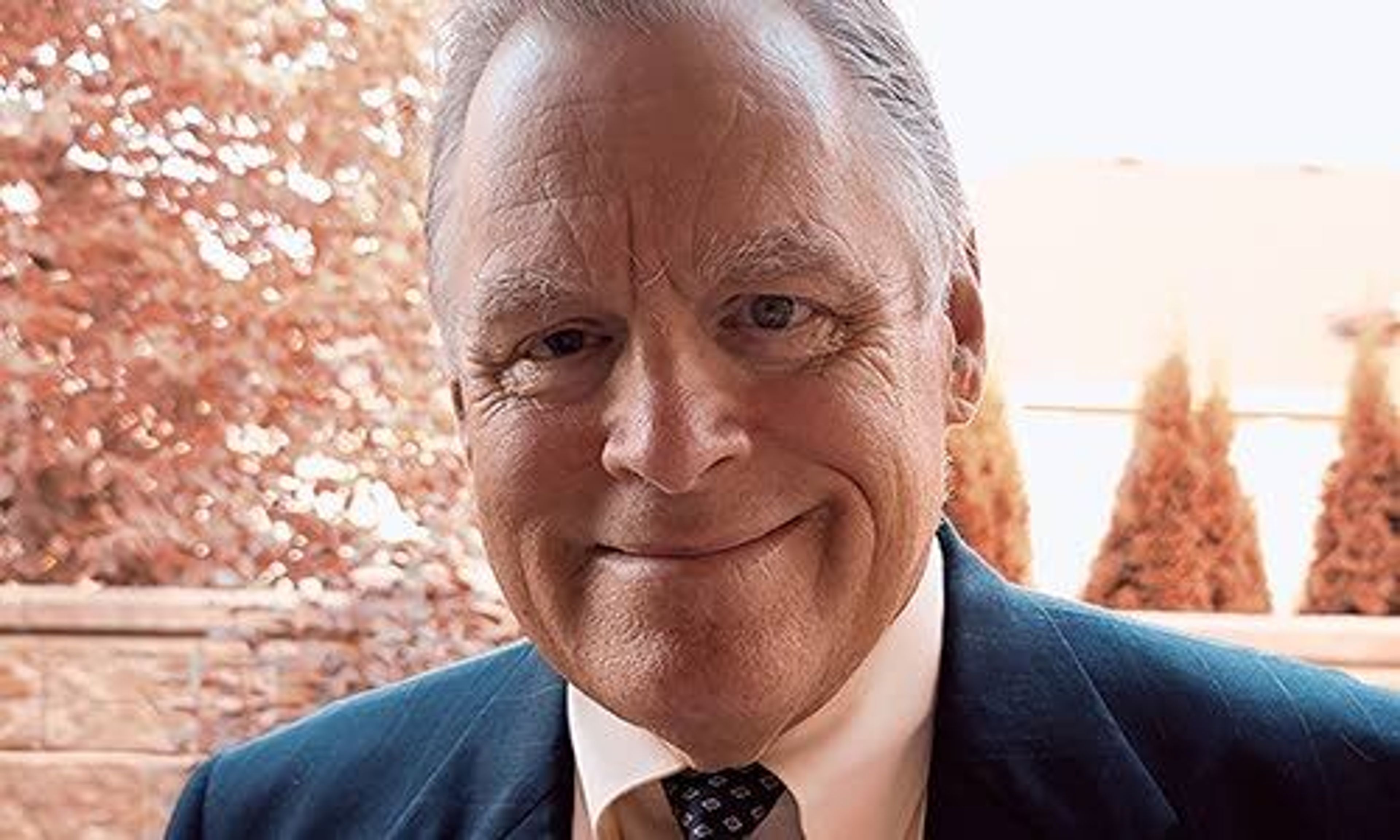Commentary: In the dark money era, no good deed goes unpunished
One of the great lines in American politics — “If you want a friend in Washington, get a dog” — has long been attributed, incorrectly, to Harry Truman. The soon-to-be former mayor of Idaho’s largest city, Dave Bieter, could be excused for changing one word and adopting the line as his own.
Bieter lost two elections this year, coming in second in a crowded field in November and then getting blown out in a run-off in December. He’ll soon leave office as Boise’s longest serving mayor, a victim of having overstayed his welcome, but also done in by one-time allies who turned on him with the assistance of a massive and unprecedented independent expenditure campaign.
Although municipal elections in Idaho are nominally nonpartisan affairs, everyone knew that Bieter and his victorious opponent, Lauren McLean, an appealing young activist paradoxically appointed to the city council by the man she defeated, are card-carrying Democrats and well-credentialed conservationists.
In a way, Bieter represented, as former Cecil Andrus hand Andy Brunelle astutely pointed out, a last connection to the old Idaho Democratic Party of Andrus and Sen. Frank Church.
(Full disclosure: I’ve know both the Boise candidates for a long time, long ago encouraged Bieter to seek office and supported his campaigns before moving from Boise.)
Bieter’s dad, Pat Bieter, a beloved Boise State University professor, once organized Church’s Ada County campaign and, until her death, Church’s widow, Bethine, supported Bieter. Andrus encouraged Bieter to run in 2004 when Boise’s city hall was in meltdown over a scandal that sent a former mayor to jail. Andrus continued to support Bieter, while encouraging him to think about a statewide race, which may — or may not — have been foreclosed by the December defeat.
With a thoughtful nod to his political roots, Bieter engineered fitting tributes to both the Democratic icons: a lovely trail along the Boise River named for Bethine Church and a downtown park across from the capitol named for Andrus. The park is both a reminder to Republicans who have dominated the Idaho Statehouse since Andrus left the governor’s office in 1995 that he served as governor longer than anyone else and that no one has come close to replacing him.
Bieter leaves office knowing that his was the guiding hand in turning Boise — and increasingly Ada County — into a Democratic stronghold. Every legislative seat within the city limits is held by a Democrat, as are two of the three county commission seats. But in politics no good deed goes unpunished.
Bieter has been both plodder and pusher, championing controversial projects, including an expensive new library and a sports facility for Minor League Baseball and soccer. He’s presided over a booming economy that has rippled statewide. But Boise’s too rapid growth and skyrocketing property values whipsawed the mayor between those who remember when Boise was a town rather than the sprawling city it has become and those instinctively inclined to vote “no” on everything.
After 16 years, Bieter’s style grated on many and after so many years an opponent who promised change without offering many specifics had genuine appeal.
And while it’s tempting to dismiss the defeat of the four-term mayor as just one more example of Idaho Democrats cannibalizing their own in a Democratic stronghold while largely abandoning efforts to build the party elsewhere in Idaho, there is, I think, more to the story.
I wrote last week about the origins and corrosive effect of largely unregulated, unaccountable money in American politics, the so-called independent expenditure campaign.
Ironically, Bieter’s loss in Boise in 2019 is a strange reminder of an earlier time: Church’s loss in his last Senate race in 1980. Each was victimized by shadowy, out of state money that played a decisive role in an Idaho election.
Church was pilloried by a hard right wing political action committee, the National Conservative Political Action Committee (NCPAC) that orchestrated its 1980 smear campaign from Arlington, Va.
Roger Stone, the slimy operative who will be sentenced in February for, among other things, impeding the congressional investigation of President Donald Trump, was a founder of NCPAC.
While hardly as pernicious as NCPAC, the Conservation Voters of Idaho (CVI), a local arm of the national League of Conservation Voters (LCV), went all in with Bieter’s challenger to the tune of what will likely be north of $200,000 in “independent expenditures.” This represents the largest independent expenditure in a local race in Idaho history and the money is shadowy to say the least.
CVI received a check in mid-November for $85,000 from its national benefactor LVC — headquartered on 15th Street in Washington, D.C., — and that cash fueled a last push to elect McLean. Another $25,000 was reported in early October. It’s impossible to identify who contributed that money because it is reported only as a lump sum.
We do know that LVC’s top donor last year was New York billionaire and now presidential candidate Michael Bloomberg. He gifted the group $5 million in 2018. The cochairman of Bain Capitol, the private equity firm, gave $1.5 million and another Boston investment tycoon chipped in $2.25 million.
CVI, which like most such groups sounds more local than it is — especially in terms of where its money comes from — sent mailers, made phone calls and aired television ads supporting McLean, who earned her conservation spurs spearheading efforts to protect open space in the Boise foothills.
Bieter also championed that effort, along with park improvements and trails. In fact, there isn’t a dime worth of difference between the two on issues important to CVI. Bieter even supported the group with his own contributions.
None of this is new, of course. Independent expenditure campaigns hidden behind thousands of PACs are now the norm in American politics. What is new is the astounding level of expenditures on a local election in Idaho as well as the fact that CVI would spend so much to replace one supportive mayor with another rather than expend resources to expand the electoral map in Idaho.
It’s not difficult to see where this is going. PACs raised and spent more than $4 million to influence recent Seattle City Council elections. More than $1 million was spent in Spokane’s recent mayoral election, a big chunk of it by independent groups. We’ll only see more of this in local politics.
When the U.S. Supreme Court decided the Buckley case in 1976, making possible unlimited contributions and spending by independent campaigns, it insisted that independent campaigns could truly be separate from the individual efforts of candidates. This is a myth.
McLean, who will become mayor on Monday, served as the treasurer of CVI until 2011, leaving only after being appointed to the city council. She operates her own fundraising consultancy, obviously knows the political money game and her first move was audacious enough to shame an inside trader.
On Dec. 16 — 13 days after the runoff — CVI announced that its executive director was leaving the organization. She’ll be the new mayor’s chief of staff.
If it all sounds a bit too cozy maybe it is.
Johnson served as press secretary and chief of staff to the late former Idaho Gov. Cecil D. Andrus. He lives in Manzanita, Ore.
